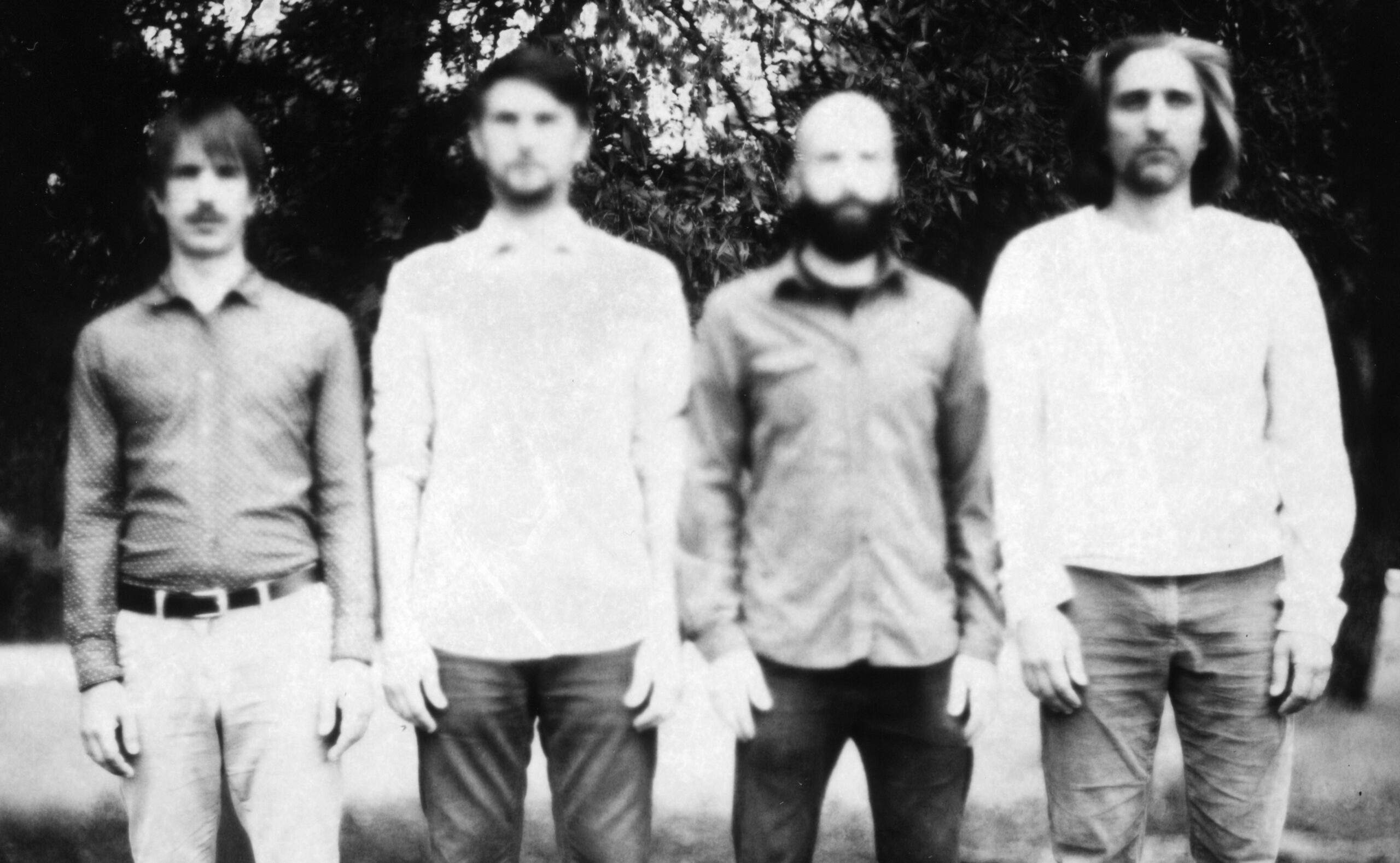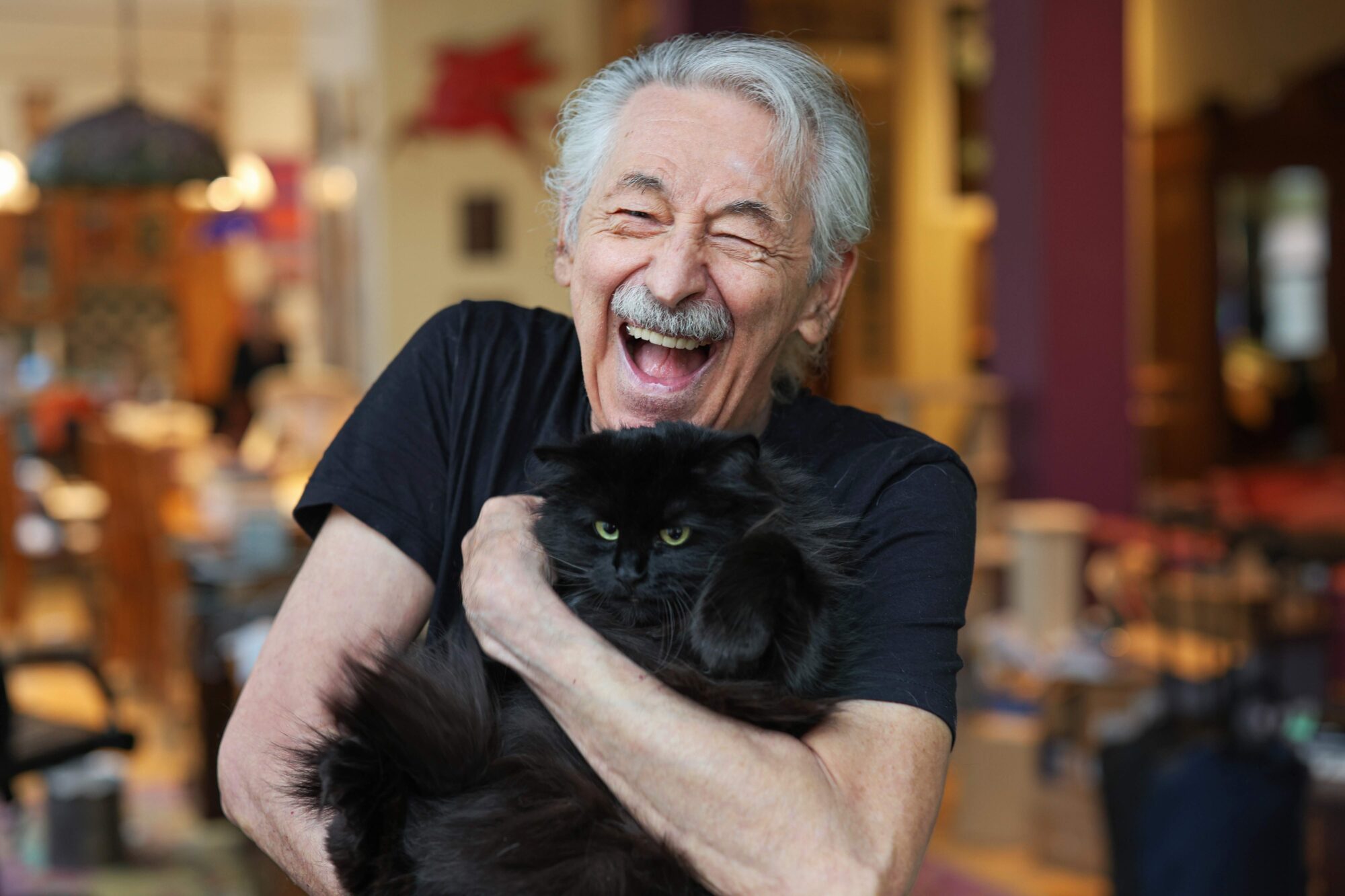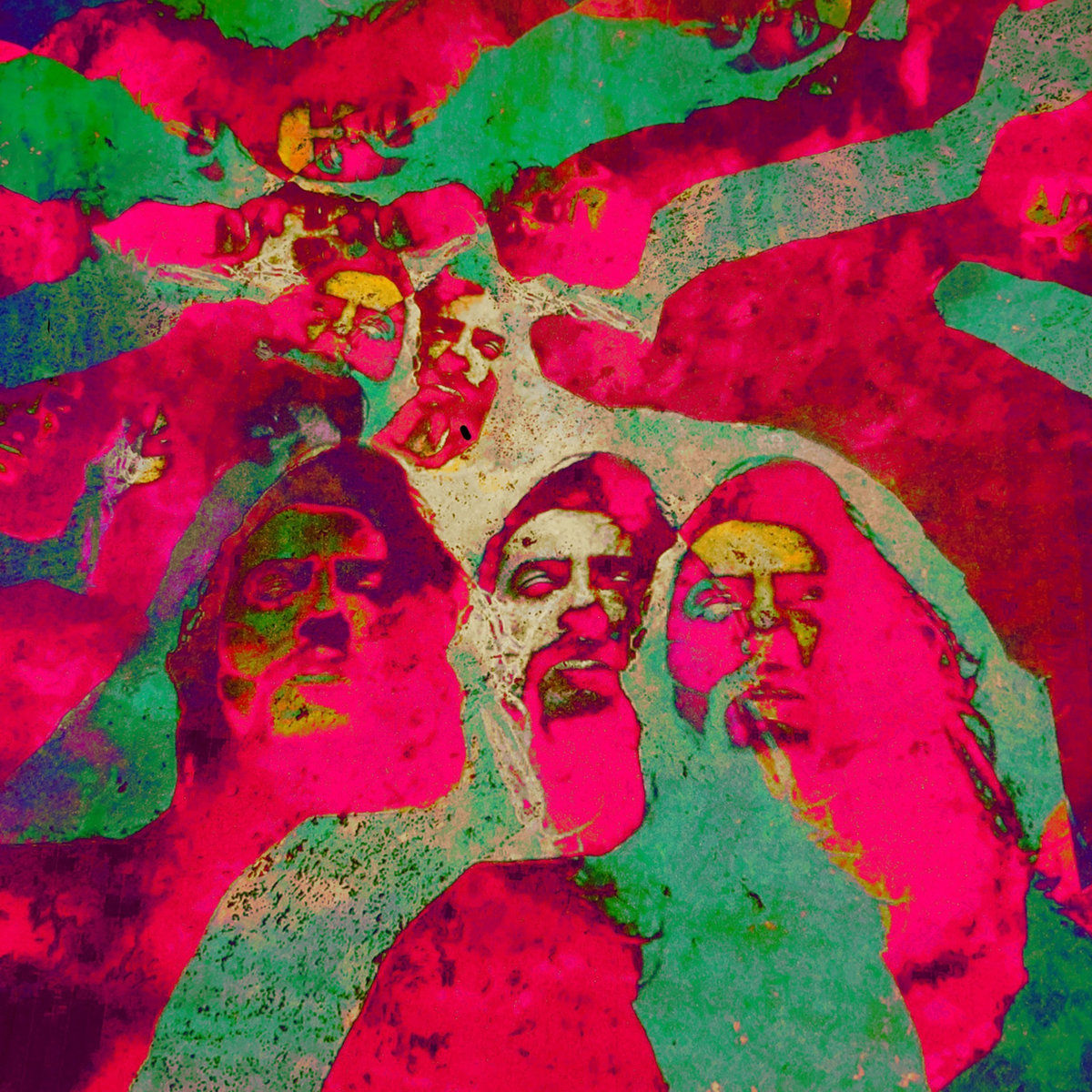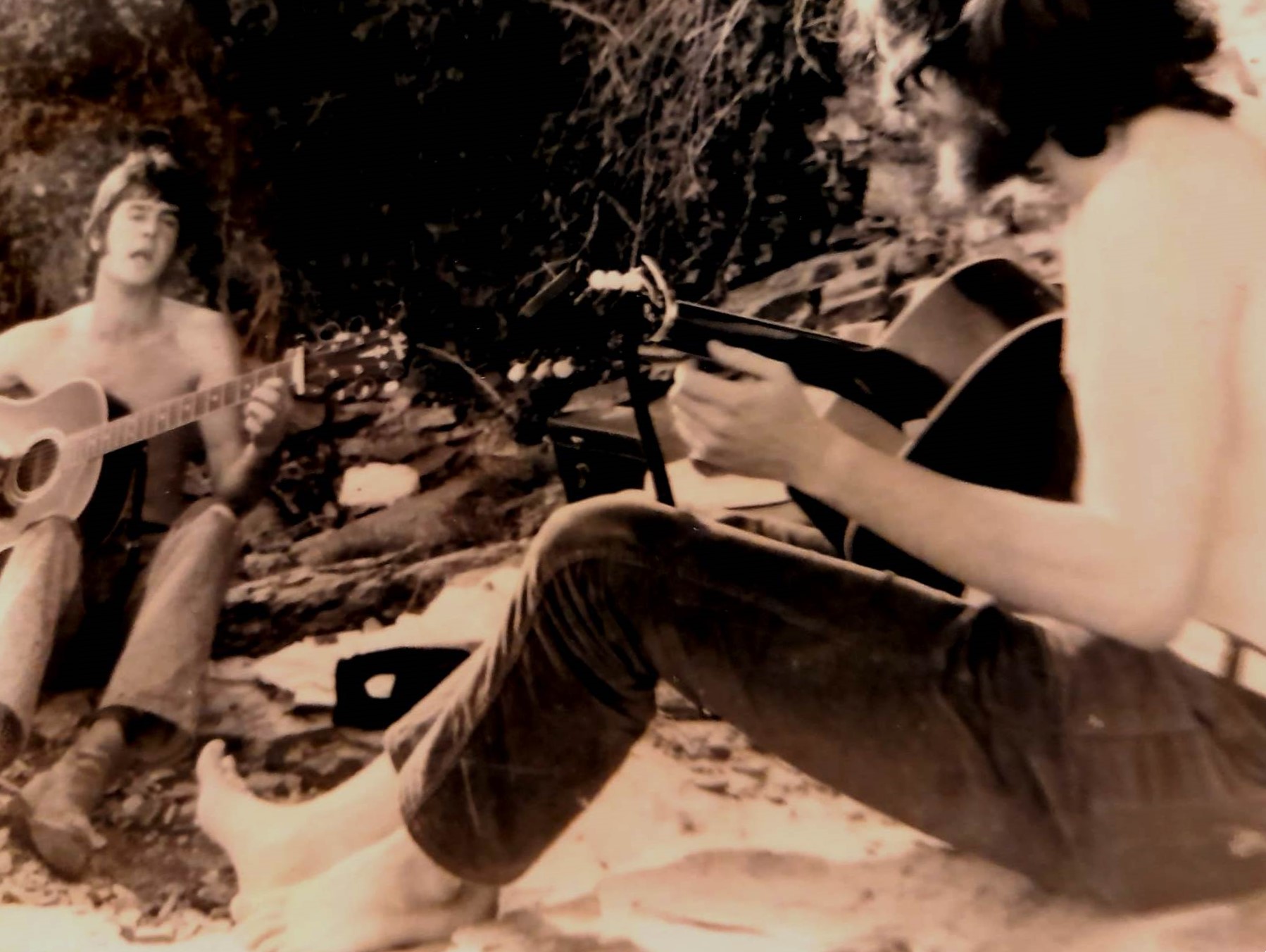No Tongues | Interview | New Album, ‘ICI’
No Tongues is a French experimental project that began in 2015. Each of their albums has a different concept behind it and on their latest, ‘ICI,’ the band opens aesthetic breaches within the group’s identity, in particular with the arrival of electronic sounds.
The No Tongues method means slipping into the collected sounds several weeks before entering the studio, many elements having been worked on and developed, but with no pre-existing piece. Four weeks of sound recording and composition in the studio (excluding mixing), offered the band time enough to enter a new creative process, fully immersed in the sound grain as a musical source with editing and post-production tools readily available.
“The sound of drizzle on a skylight, a spring fire in La Caillère, chimes in Bono’s cinerary garden, the beep of the paw patrol phone, a jogger, a faucet, Patrick’s bees, the oven before the pizza, a TGV, children’s voices, a belt sander, the polyrhythmic drips falling from a wet sweater…”
Alan Regardin (trumpet and objects)
Ronan Courty (double bass and objects)
Ronan Prual (double bass)
Matthieu Prual (sax and bass clarinet)
“We start to travel around the world with sounds in order to come back home with new ears”
What in your opinion makes the music of No Tongues unique?
Matthieu Prual: The sound of No Tongues comes from a strong process built since the very beginning of the band. The starting point was to translate vocal oral traditional songs with our instruments, using the oral process, which means listen to the original samples in their smallest details, and copy it with an orchestration that gives the illusion of the original sound. After this first step we could start to create music freely, following the direction given by this first moment, and also by extracting a musical process from the original song.
You are all coming from a rich musical background, do you feel that plays a role in how you approach music making together in this project?
Of course. The four of us experienced so many contexts, musical styles, human relationships… Our differences are a great asset, and make our music what it is. Some are more efficient in rhythm, some in harmony, but each one has his own strong opinion of what we could or should do. Finding music that all of us feel is personal is a great process.
Your debut album, ‘Les voies du Monde’ was based around different voices collected by ethnomusicologists – a very interesting concept that transcends the average listening experience. Would you like to discuss how this idea works?
I discovered the amazing album ‘Les Voix Du Monde (Une Anthologie Des Expressions Vocales) = Voices Of The World (An Anthology Of Vocal Expression)’ thanks to my father. After his first explorations of contemporary music, I felt that all these modern concepts were already existing in primitive music forms. It was also a way to deal with the question of modernity, to avoid the concept of tabula rasa that is an illusion very common among the experimental musicians. We tried to make this music active in our bodies, in order to really feel and understand it, and to link our musical intuitions with secular human musical activities.
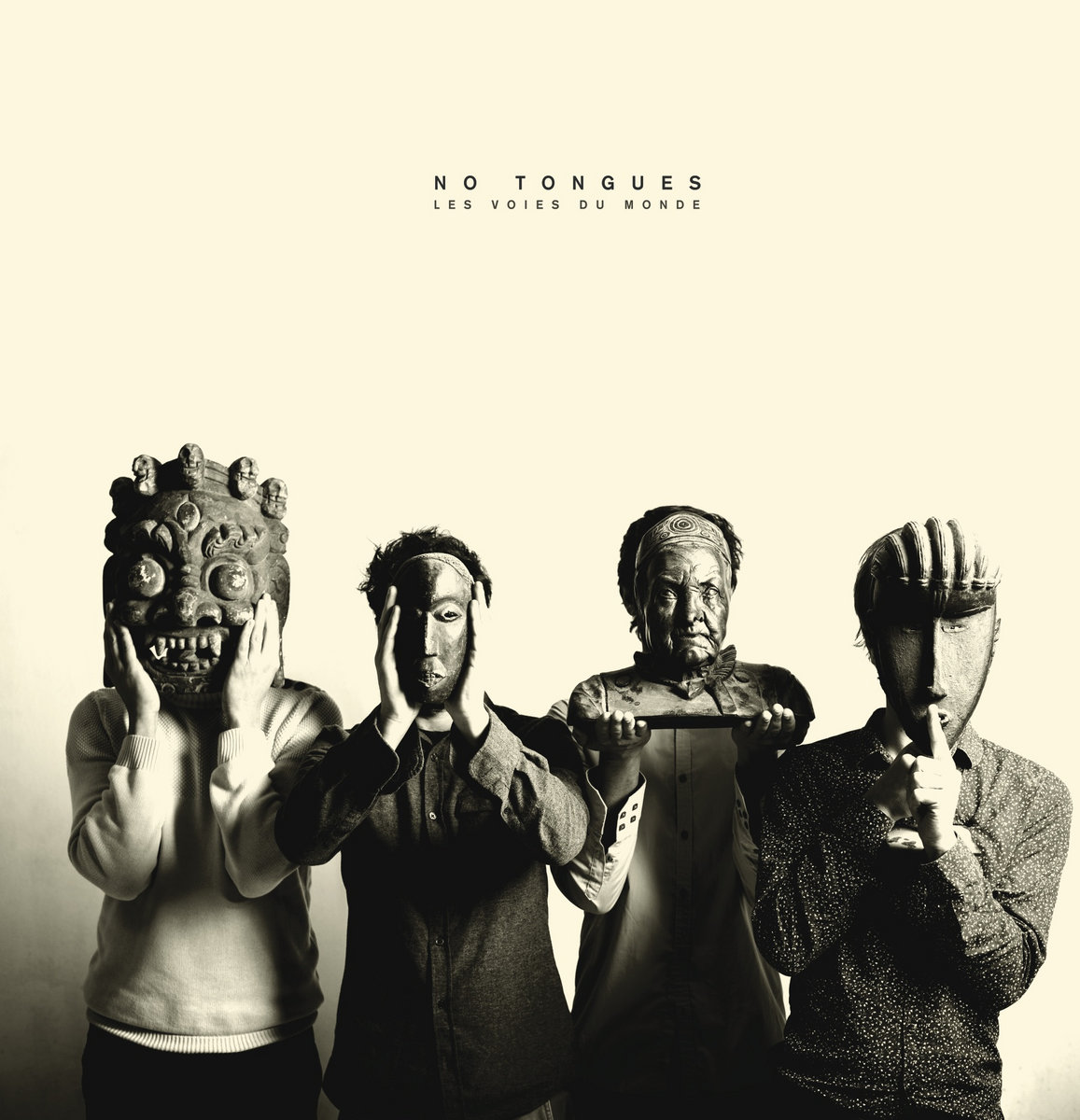
What was the original idea behind your second album, ‘Les voies de l’Oyapock’ – that was inspired by spending several weeks in the Amazonian forest.
Not an idea actually, but the meeting of Florent Wattelier, young ethnomusicologist working with the Teko people of Camopi in French Guyana. It took only a few days to realize we had no other choice but to fly to the Oyapock river and meet these fascinating people. We didn’t want to make ‘Les voies du monde II,’ but to stay in this movement led by the idea that a music is always in relationship with its environment, sonic, human and non human landscapes. We also wanted to be our own ethnomusicologists in order to understand way further the music that we would work with. We also opened the sound collection with non-human sounds like forest, waters, frogs, birds, engines… It was also a place where traditional lifestyle is in a strong conflict with occidental globalized culture, which situation is, in the end, the same for everyone, but here at a moment of strong intensity in the choc of those to sides of time.
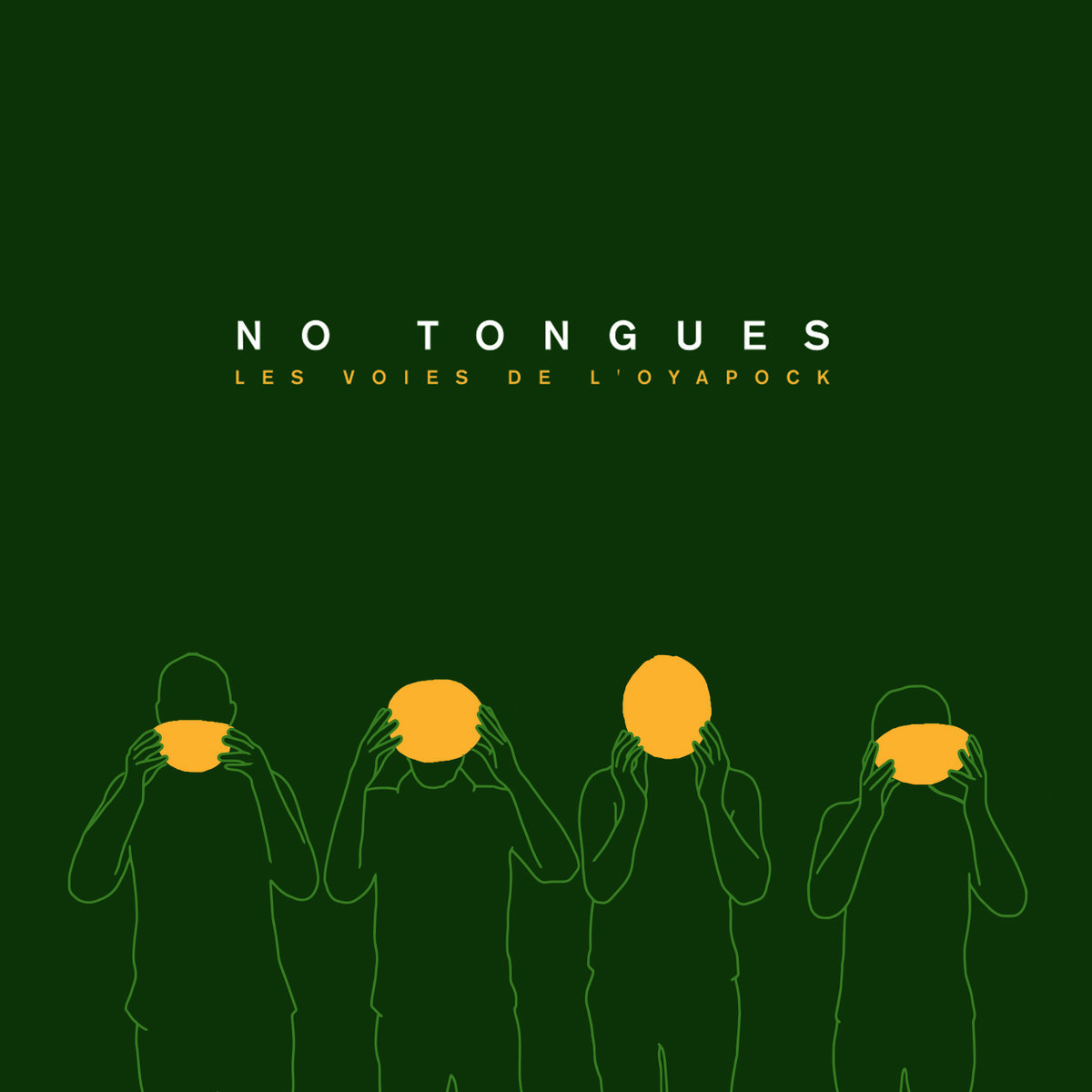
What are some of the most fascinating things you learned from Teko and Wayampi indigenous people of Guyana?
The way they deal with time, so much more organic and human than our maniac efficient European schedules. Also their connection with their environment, hunting and growing most of their food.
“We try to stay the most intuitive we can”
It seems that your approach to music making is always in correlation with a basic idea you want to expand and that probably brings certain surprises by the time you finish your work?
The ideas that we approach are finally sounds and music. We do not block our movements because of ideas and we try to stay the most intuitive we can. We nearly never use writing to compose, in order to keep this lively approximation of understanding what we do together the most thin we can. Of course we are always surprised by the musical result of the process that we experiment.
Your latest album, ‘ICI’ is different in how you approach it, don’t you think?
Actually I think that ‘ICI’ is the logical result of our artistic direction from the beginning. We start to travel around the world with sounds in order to come back home with new ears, as any traveller.
The new things that we have experiment with ‘ICI’, are that we created the music by recording sessions and editing in the studio, and also that we let electronic devices join our tones. These were two important changes in our music making.
Can you elaborate how it was done?
For ‘ICI’ each member of the band has collected sound totally freely. Sounds are coming from our lives, our sound archives, our everyday experiences, our families, YouTube, and also some good friends that gave us songs: Isabel Sörling, Linda Ohla, Elsa Corre and Loup Uberto. With this material we rehearsed for some weeks, always using our first process of deep listening (human, no IA!) and copying sounds, and then we came to the studio with some materials that we liked and that we could play and compose with improvisation and editing thanks to studio possibilities.
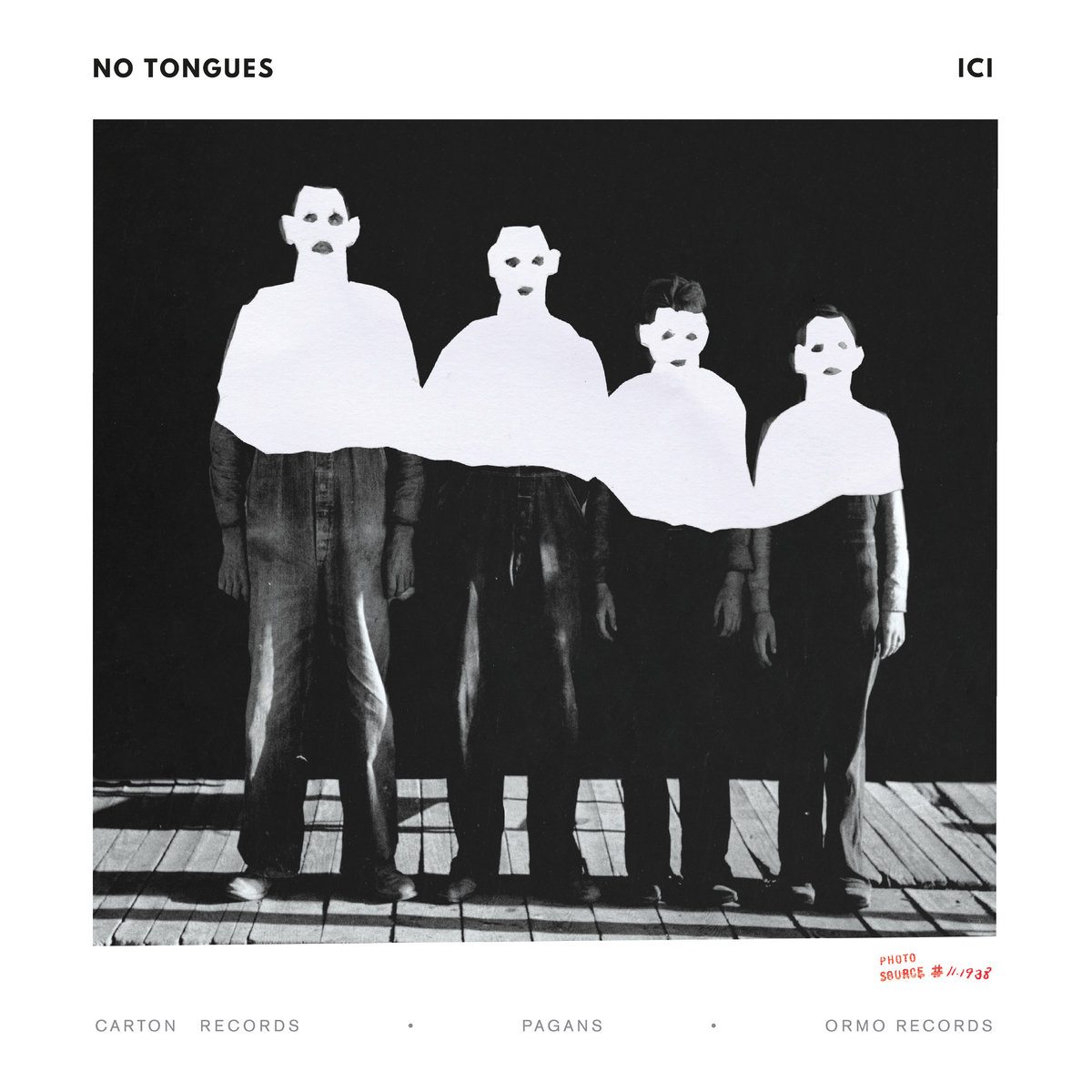
The sound of the album is very coherent despite the fact that it must be a very complex situation for you collecting sounds and getting them in a ration whole?
A first step to coherence was a long reflection to select which samples we would use in the thousands of recordings we all gathered. The great mixing with our sound engineer, Mathieu Fisson, was the last step to create a coherent musical world.
Tell us about the studio time, how long did you spend experimenting with the sound in the studio?
Four weeks of recording, two weeks of editing and two weeks mixing.
What led to the decision to include electronic sounds, do you feel that makes a big difference in your band?
At that time, most No Tongues members were using electronic sounds in their personal musical research or side projects. It was quite natural to include them in this new opus, and in the end there are not many digital sounds, but more electric one, using pedals and acoustic feedback.
What does the cover artwork represent?
The cover was created by Perrine Le Querrec on archive photographs. We wanted to keep our 4 characters as our last albums and the universality of body’s that could be anyone..
What are some future plans?
We may start our next work about trance music…
Do you have any active side-projects going on at this point?
Yes, for sure. Each one of us developed his own music, you can find it one our booker website here.
Let’s end this interview with some of your favourite albums. Have you found something new lately you would like to recommend to our readers?
I discovered a Sardinian incredible musician Efisio Melis playing launeddas!
And also Rojin Sharafi, an Iranian artist, absolutely great!
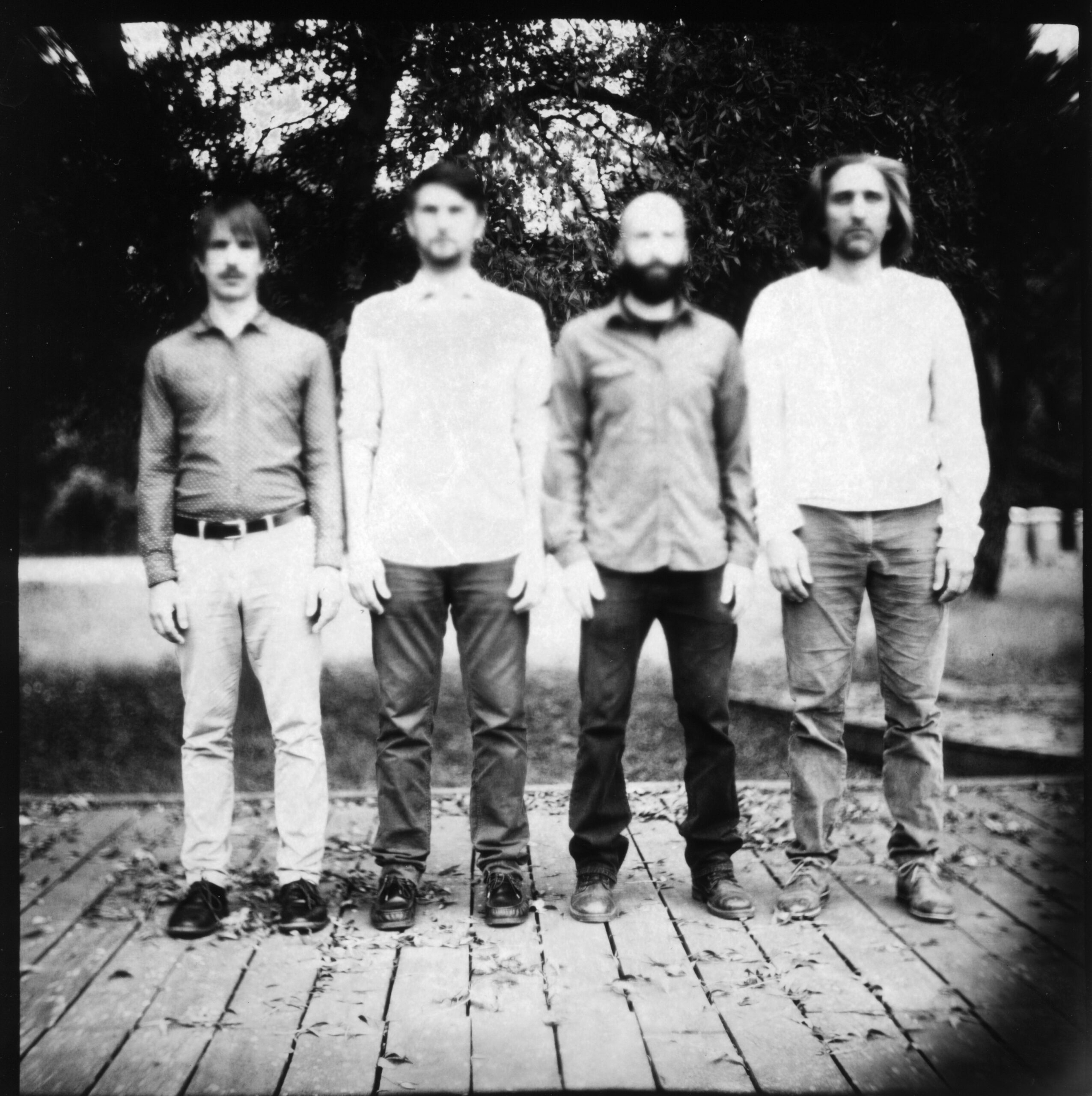
Thank you. Last word is yours.
Thanks for the nice questions, and sorry for that French style English.
Headline photo: Photo by Emmanuel Ligner
No Tongues Facebook / Instagram
Carton Records Official Website / Facebook / Instagram / Twitter / Bandcamp / SoundCloud / YouTube
Pagans Website / Facebook / Instagram / Bandcamp / YouTube
Ormo Records Official Website / Facebook / Bandcamp / SoundCloud

